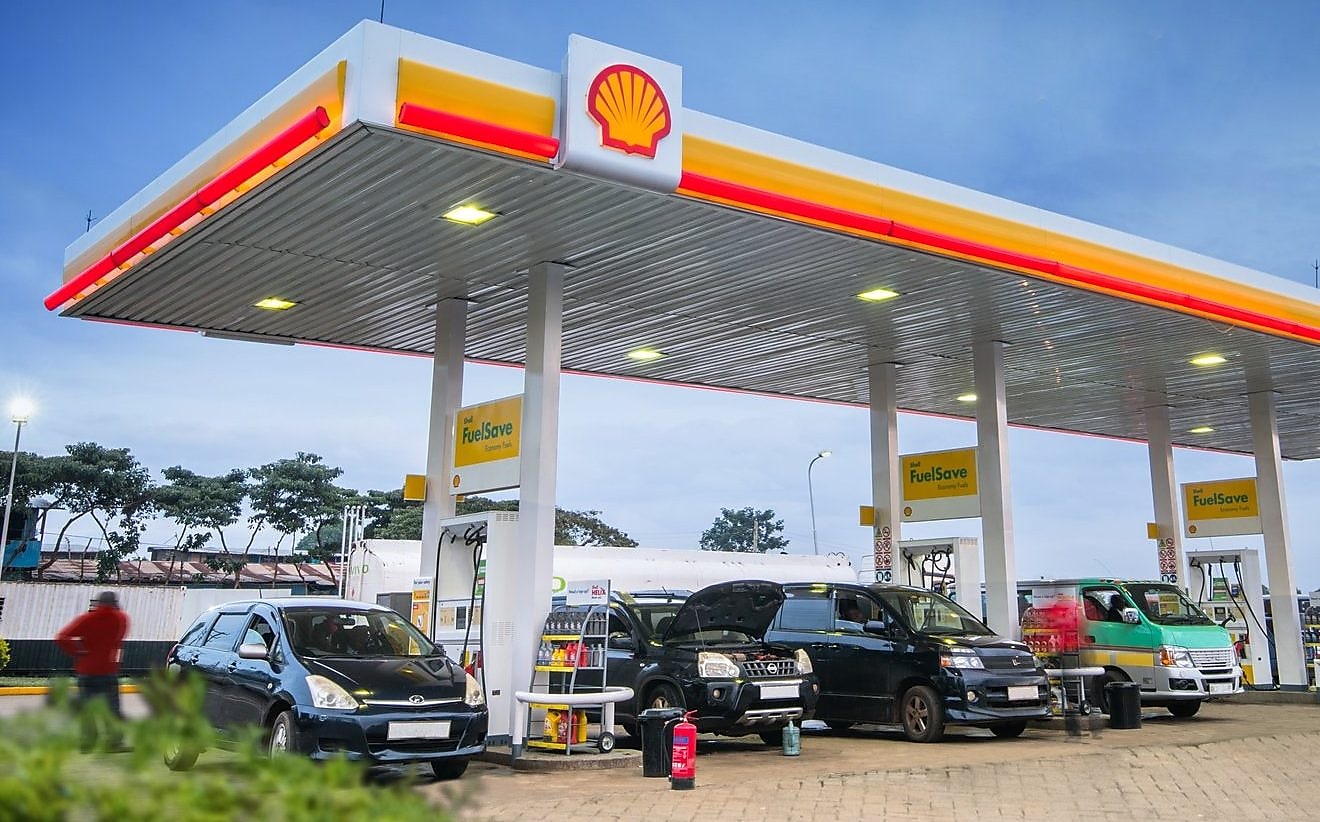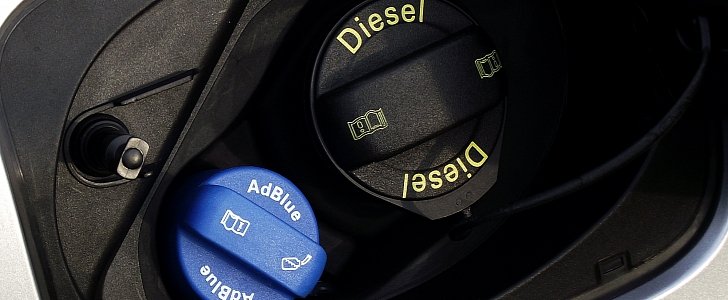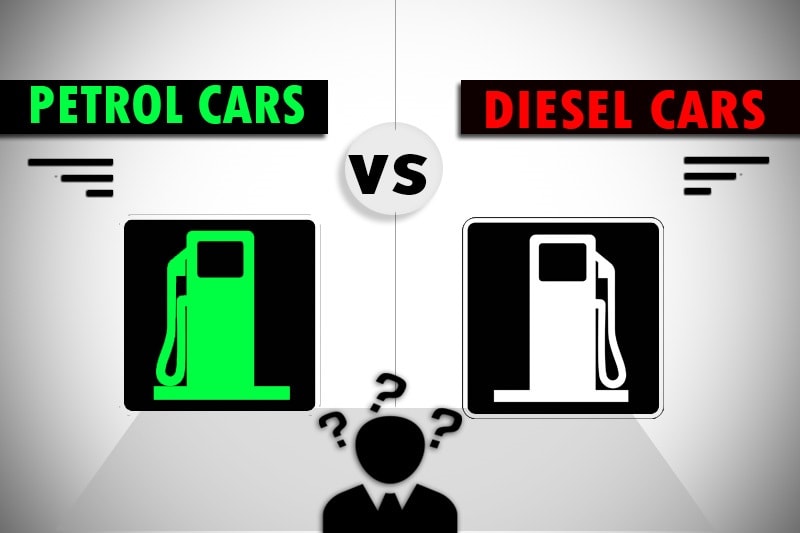
Even as Europe and Japan (the major car manufacturers in the world) announce a ban on the sale of new fuel cars by 2030, in favor of hybrid and electric cars. The debate on which one is better, between petrol and diesel vehicles is still ongoing.
There are so many differences between petrol and diesel engines, the main difference however is how petrol engines use spark plugs to ignite the air-fuel mixture, whereas diesel engines rely on heavily compressed air without any spark plugs. I however know that you really don’t care about all that technical stuff. What you really want to know is how all these will affect you as a car owner and as a driver, so that you can make the right buying decision.
Fuel Economy

The fuel economy argument isn’t that straightforward, it usually depends on how you use the car. Diesel usually has more energy stored in it. So a certain amount of diesel will usually provide more kilometers per litre compared to the same amount of petrol, especially on long highway journeys where modern diesel engines can do double the distance sometimes.
Although modern petrol engines have increased their fuel efficiency with new technologies like direct injection engines, diesel engines are also improving, with technologies like high-tech electronic injectors and common-rail systems, which allow highly accurate delivery of the diesel fuel.
Cost of Purchase and Maintainance
Savings on the cost of fuel can not be considered unless analyzed in relation to the cost of the car and the cost of maintenance. Although diesel vehicles consume less fuel, they are more expensive to buy than petrol cars, sometimes 10 to 15% more.
There are various reasons for this. First of all, due to the ignition nature of the diesel engines, they are manufactured using complex, tougher, and more expensive materials, which in turn increases the cost of production. Secondly, the engines have Selective Catalytic Reduction (SCR) systems to reduce emissions which are also expensive.
This means that if the reason for choosing diesel over petrol is cost, then you need to do some calculations to find out whether you plan on driving the vehicle long enough for your fuel savings to cover the initial cost of purchasing the vehicle.
Cost of maintenance is also a major issue. Although diesel engines have a longer lifespan, with some doing over 900,000km before replacement is required, the cost of repair is usually higher.
As all machines are prone to failure at some point, the cost of repair for diesel engines is usually higher than petrol, but diesel engines break down less often. This mostly means that the cost of maintenance in both engines is almost the same, give or take.
Environment
Another major comparison made between diesel and petrol is their impact on the environment. Historically, diesel engines used to produce more CO2, NOx, and other toxic emissions than petrol engines. However, with time they have improved and surpassed petrol engines.

Modern diesel engines convert up to 99% of combustion engine exhaust pollutants (HC, CO, NOx, and particulates). The output is carbon-di-oxide, water vapor, and inert nitrogen. This is with the help of AdBlue (a nontoxic mixture of urea and water which mixes with Nitrogen oxide to produce non-toxic inert Nitrogen and water) and the SCR systems that injects the AdBlue into the exhaust system. There is also a particulate filter that traps and oxidizes the soot that could not be oxidized.
In addition, the fact that diesel engines use less fuel per kilometer (which means less production of waste by-products) makes them a better choice for the environment.
Power
Diesel engines have considerably more torque (pulling power) than petrol, this is because they deliver more power at lower revs. This means that they can be able to tow or carry large loads without strain, or easily overtake on a highway, often without the need to downshift. This makes them a preferred engine for commercial vehicles, seven-seaters and SUV’s, although petrol engines have also improved. It is no longer a rare sight to see a huge SUV with a petrol engine.
Noise and Ride quality
Our last comparison between the two engines is the noise and ride quality. Due to the air compression combustion nature of the diesel engines, they are noisier and they vibrate way more than the petrol ones.
Although improvements have been made to reduce noise and vibrations in the cabin, diesel cars are still noisier and less cozy.
Conclusions
As technology advances, the difference between these two engines is decreasing. In a way, at the moment, this choice is basically about personal preference. However, if we were to go by the differences addressed here, we would advise one to buy diesel cars if planning on going for long journeys, if you plan on towing or carrying large loads, and if you plan on owning the car for a long period. However, if you plan on buying a comfortable vehicle for short trips around the city and you plan on reselling the vehicle after a few years, then we would recommend a petrol vehicle.
However, this debate will soon end, as the world pushes for change to electric cars.

